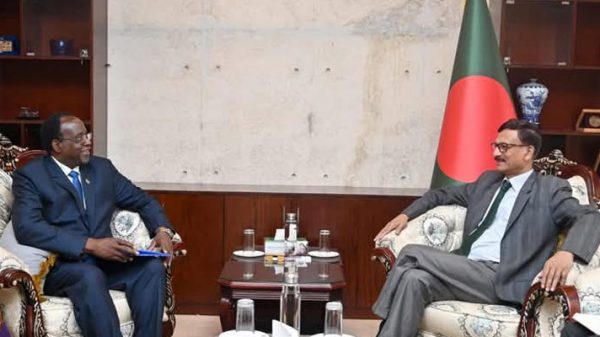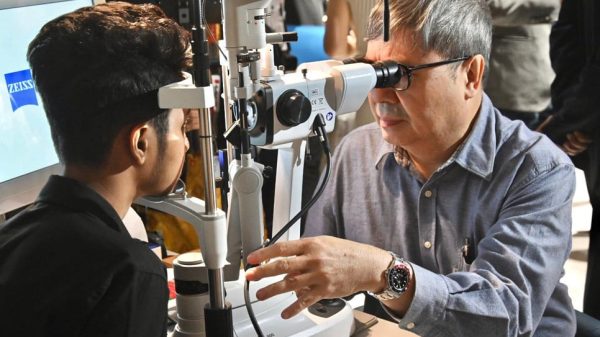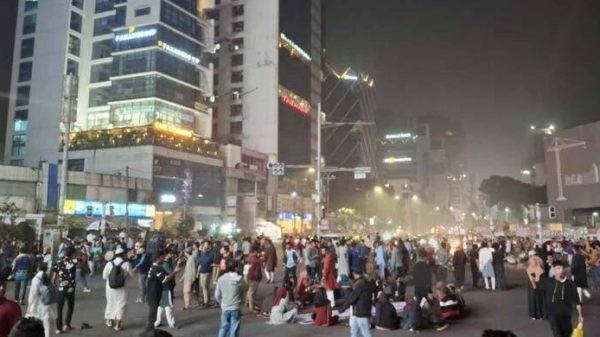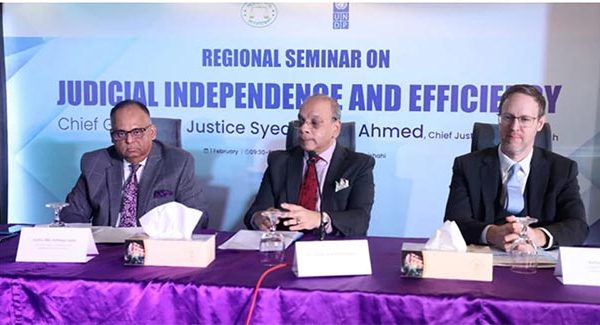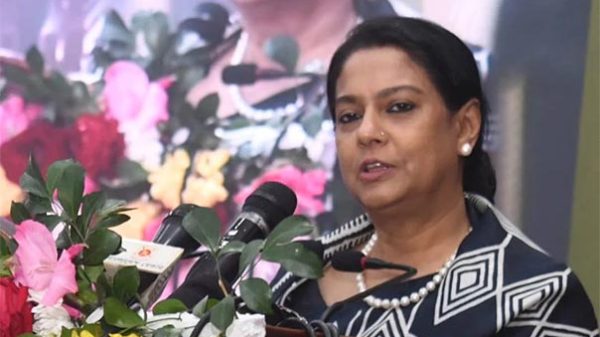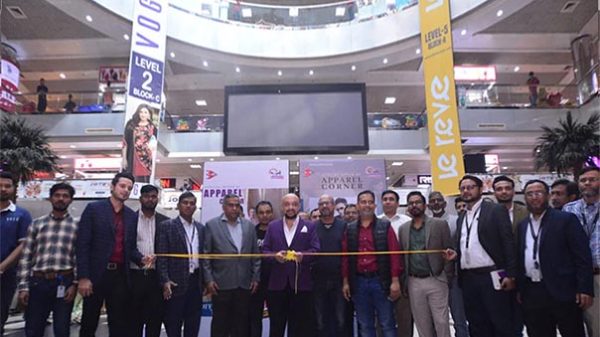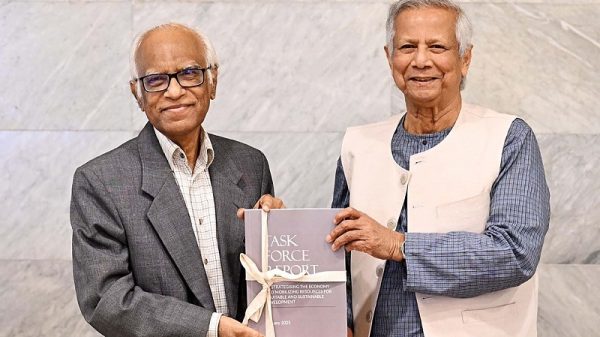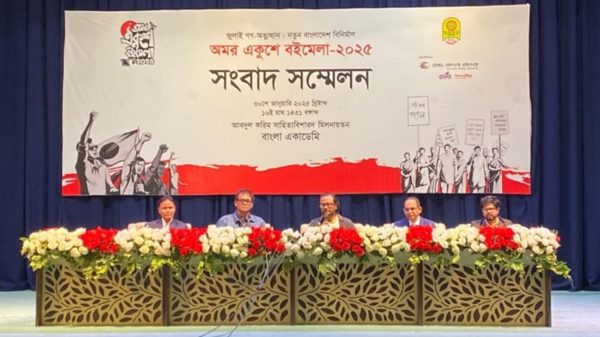Children most valuable stakeholders of climate crisis: Deputy Speaker

- Update Time : Monday, 27 November, 2023, 04:35 pm
- 90 Time View
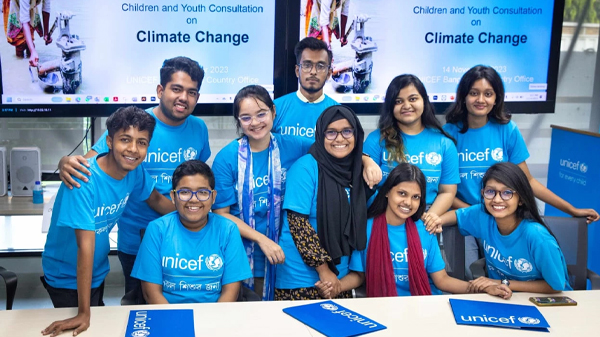
Online Desk: During the week of World Children’s Day, Bangladeshi children called on national leaders to renew their commitment and take climate action to ensure a cleaner, healthier, and more sustainable future.
They highlighted the urgent need to invest in climate education, water, and sanitation services for children and engage them as active participants in decision-making processes that shape their lives ahead of COP28, the annual United Nations (UN) climate meeting taking place in Dubai from 30 November to 12 December.
As a continuation of the first Children’s Climate Summit in November 2020, which engaged over one million children in Bangladesh, a representation of children sent a revised version of the Children’s Climate Declaration to the Speaker’s Office of the Bangladesh National Parliament.
The updated declaration emerged from a UNICEF-supported collaborative consultation with 35 children representing all eight divisions of Bangladesh.
Children, including youth advocates, climate activists, climate change-impacted children, and child journalists, collectively assessed the progress of the Children’s Climate Declaration, identified challenges, and outlined a path forward.
“In the face of recent cyclones, droughts, floods, and heavy rains, we’ve suffered the loss of our loved ones, and the mental and physical toll has become overwhelming for us,” said Naier Haque, from Chattogram division, on behalf of the children at the consultation. “There’s an urgent need to increase investments to address the impacts of climate change on our lives,” she added.
Ahead of COP28, they emphasized that children should be included by the government in the decision-making processes, and the country’s delegation representing at the COP28 should take decisive actions for a clean, healthy, and sustainable future.
Shamsul Haque Tuku, MP, Deputy Speaker, said, “The children of Bangladesh are our most valuable stakeholders in the climate crisis. We must not merely articulate our commitment to child-centered climate policies but actively implement them.”
“It is imperative that we recognize the dual challenges faced by children in Bangladesh – the climate crisis and the violation of their rights to live and flourish in a safe and healthy environment. UNICEF remains steadfast in its commitment to amplifying the voices of children and youth, ensuring they are active participants in shaping their future,” said Sheldon Yett, UNICEF Representative in Bangladesh.
Bangladeshi children are among the most severely impacted by climate change. One in three children in Bangladesh are seriously exposed to climate hazards, said UNICEF on Monday.
Among them, 5 million are under the age of five; 12 million children live near areas prone to flooding; and 4.5 million children reside in coastal areas exposed to intense cyclones.
UNICEF holds regular dialogues between children, parliamentarians, and decision-makers in Bangladesh so that children can voice their opinions on issues impacting their lives.
The revisited Children’s Climate Declaration underscores that the climate crisis is fundamentally a child rights crisis.
In Bangladesh, UNICEF works with the government to strengthen climate-adapted education, health, nutrition, water, sanitation, and hygiene services for children, building climate resilience in communities, and preparing children for the impacts of climate change.

